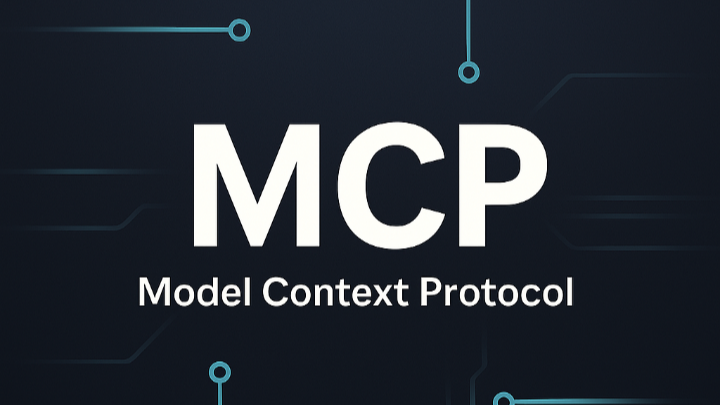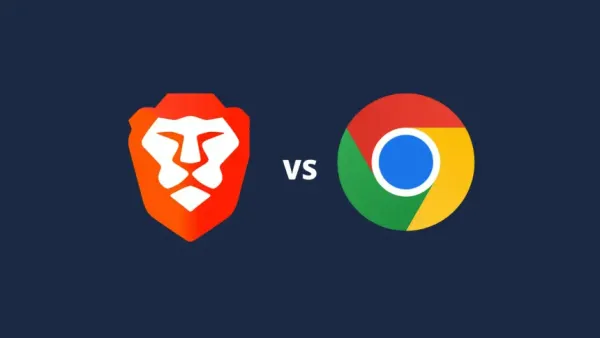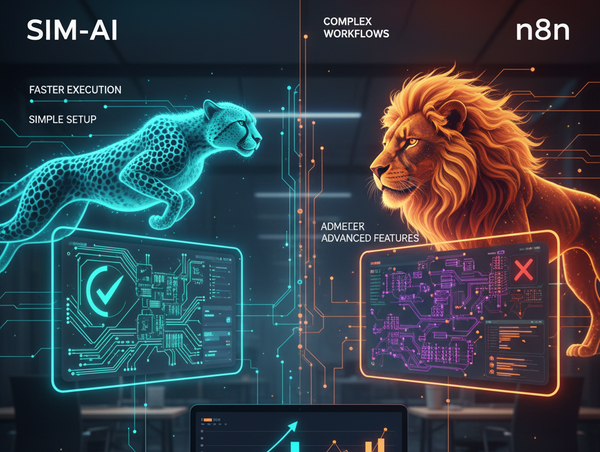Exploring the Model Context Protocol (MCP): Possibilities and Application

The rapid evolution of artificial intelligence (AI) has transformed how businesses interact with customers, automate processes, and integrate technologies. At the heart of this transformation lies the Model Context Protocol (MCP), a groundbreaking standard designed to enhance the interoperability of AI agents with diverse services and tools. Introduced by Anthropic and rapidly adopted by industry leaders like OpenAI, Microsoft, Google, and ElevenLabs, MCP is poised to redefine how AI systems connect, communicate, and deliver value. This blog post explores the concept of MCP, its possibilities, and its transformative applications across industries.
What is the Model Context Protocol (MCP)?
The Model Context Protocol (MCP) is an open standard that enables AI models, particularly large language models (LLMs) and conversational AI, to seamlessly integrate with external services, platforms, and databases without requiring complex, manual configurations. Think of MCP as a universal adapter for AI agents, allowing them to "plug into" tools like Salesforce, HubSpot, Gmail, GitHub, or even cloud storage systems with minimal setup. By standardizing how AI models access and process contextual data from these services, MCP eliminates friction in integrating AI into enterprise workflows.
MCP achieves this by defining a structured framework for AI agents to understand and interact with the context of external systems. For example, an AI customer service agent using MCP can instantly pull customer data from a CRM, process it, and respond to queries without needing bespoke integrations for each platform. This plug-and-play approach is why MCP is being hailed as a game-changer, with companies like Cloudflare, Webflow, PayPal, and WhatsApp announcing support for the protocol.
Possibilities of MCP
MCP unlocks a wide range of possibilities by making AI more accessible, scalable, and efficient. Here are some key opportunities it presents:
1. Simplified AI Integration
MCP removes the need for custom APIs or tool-specific configurations. Developers can deploy AI agents across multiple platforms—such as CRMs, e-commerce systems, or communication tools—without writing extensive code for each integration. This reduces development time and costs, making AI adoption feasible for businesses of all sizes.
2. Enhanced Interoperability
With MCP, AI models can work seamlessly with a growing ecosystem of services. Whether it’s connecting to cloud storage for document analysis, accessing customer data from Salesforce, or integrating with GitHub for code reviews, MCP creates a unified framework that ensures compatibility across diverse tools.
3. Scalable Automation
MCP enables AI to automate complex workflows by pulling and processing data from multiple sources in real time. For instance, an AI agent can handle customer inquiries by simultaneously accessing order history, inventory data, and support tickets, delivering faster and more accurate responses.
4. Customizable AI Experiences
By providing AI models with rich contextual data from external systems, MCP allows for highly personalized user experiences. For example, a retail AI can recommend products based on a customer’s purchase history, preferences, and real-time inventory data, all accessed via MCP.
5. Cross-Platform Collaboration
MCP fosters collaboration between AI platforms and services. For instance, an AI developed by Anthropic can work alongside tools integrated with OpenAI or Google’s AI ecosystems, creating a cohesive AI-driven environment for businesses.
Applications of MCP Across Industries
The versatility of MCP makes it applicable to a wide range of industries. Below are some key use cases where MCP is driving innovation:
1. Customer Service and Support
MCP-powered AI agents can revolutionize customer service by integrating with CRMs (e.g., Salesforce, HubSpot), ticketing systems (e.g., Zendesk), and communication platforms (e.g., Gmail, WhatsApp). For example:
- An AI chatbot can instantly access a customer’s purchase history and support tickets to resolve issues without human intervention.
- ElevenLabs’ voice AI, using MCP, can provide multilingual voice responses by pulling data from customer databases in real time.
- Outcome: Faster response times, personalized interactions, and reduced operational costs.
2. E-Commerce and Retail
In e-commerce, MCP enables AI to streamline operations and enhance customer experiences:
- AI agents can connect to inventory management systems to provide real-time stock updates or recommend alternatives when items are out of stock.
- Personalized marketing campaigns can leverage customer data from CRMs to deliver targeted offers.
- Outcome: Increased sales, improved customer satisfaction, and optimized inventory management.
3. Software Development
MCP allows AI to integrate with development tools like GitHub and VS Code, enabling:
- Automated code reviews by pulling project data and analyzing it in context.
- Real-time collaboration between AI assistants and developers across platforms.
- Outcome: Faster development cycles and improved code quality.
4. Healthcare
In healthcare, MCP can enable AI to access patient records, medical databases, and scheduling systems securely:
- AI assistants can provide doctors with real-time patient insights by pulling data from electronic health records (EHRs).
- Patient-facing chatbots can schedule appointments or provide health advice based on integrated data.
- Outcome: Improved patient care and streamlined administrative processes.
5. Financial Services
MCP can power AI-driven financial tools by connecting to banking systems, payment gateways (e.g., PayPal), and analytics platforms:
- AI can detect anomalies in transactions by analyzing real-time data from multiple sources.
- Customer support AI can resolve billing disputes by accessing account details instantly.
- Outcome: Enhanced fraud detection, faster customer support, and personalized financial advice.
The Future of MCP
The adoption of MCP by major AI players like Anthropic, OpenAI, Microsoft, Google, and ElevenLabs signals its potential to become a universal standard for AI integration. As more services—such as Cloudflare, Webflow, and WhatsApp—embrace MCP, the protocol is likely to create a robust ecosystem where AI agents can operate across platforms with unprecedented ease. This could lead to:
- Wider Adoption: Small and medium-sized businesses will find it easier to deploy AI without needing extensive technical expertise.
- Innovation in AI Services: Developers can focus on building innovative AI applications rather than wrestling with integration challenges.
- Global Scalability: MCP’s standardized approach will enable AI solutions to scale across regions and industries, supporting diverse languages and systems.
Challenges and Considerations
While MCP holds immense promise, there are challenges to address:
- Security and Privacy: Integrating AI with sensitive systems like CRMs or healthcare databases requires robust security measures to protect data.
- Standardization: As MCP evolves, ensuring compatibility across all platforms and avoiding fragmentation will be critical.
- Adoption Pace: While major players have adopted MCP, smaller platforms may lag, limiting its immediate universal impact.
Conclusion
The Model Context Protocol (MCP) is a transformative step toward making AI more interoperable, scalable, and accessible. By enabling seamless connections between AI models and external services, MCP unlocks new possibilities for automation, personalization, and efficiency across industries like customer service, e-commerce, healthcare, and more. As adoption grows and the ecosystem expands, MCP has the potential to become the backbone of AI-driven innovation, empowering businesses to harness the full power of AI with ease.
To stay ahead, businesses should explore MCP-compatible platforms like Anthropic’s Claude, OpenAI’s ChatGPT, or Microsoft Azure AI and start integrating them into their workflows. The future of AI is connected, and MCP is leading the way.
Interested in learning more about MCP or exploring specific use cases? Share your thoughts in the comments below!




